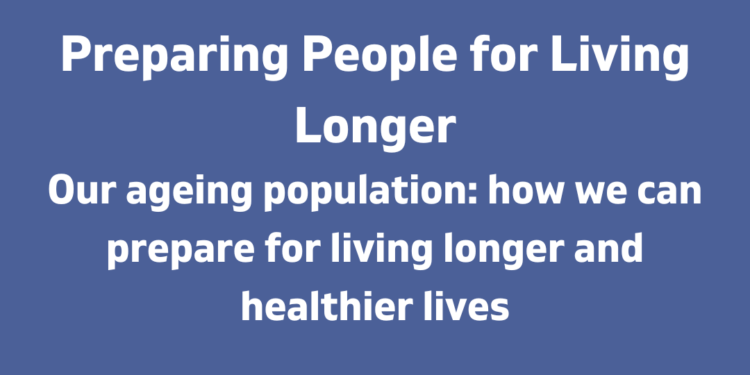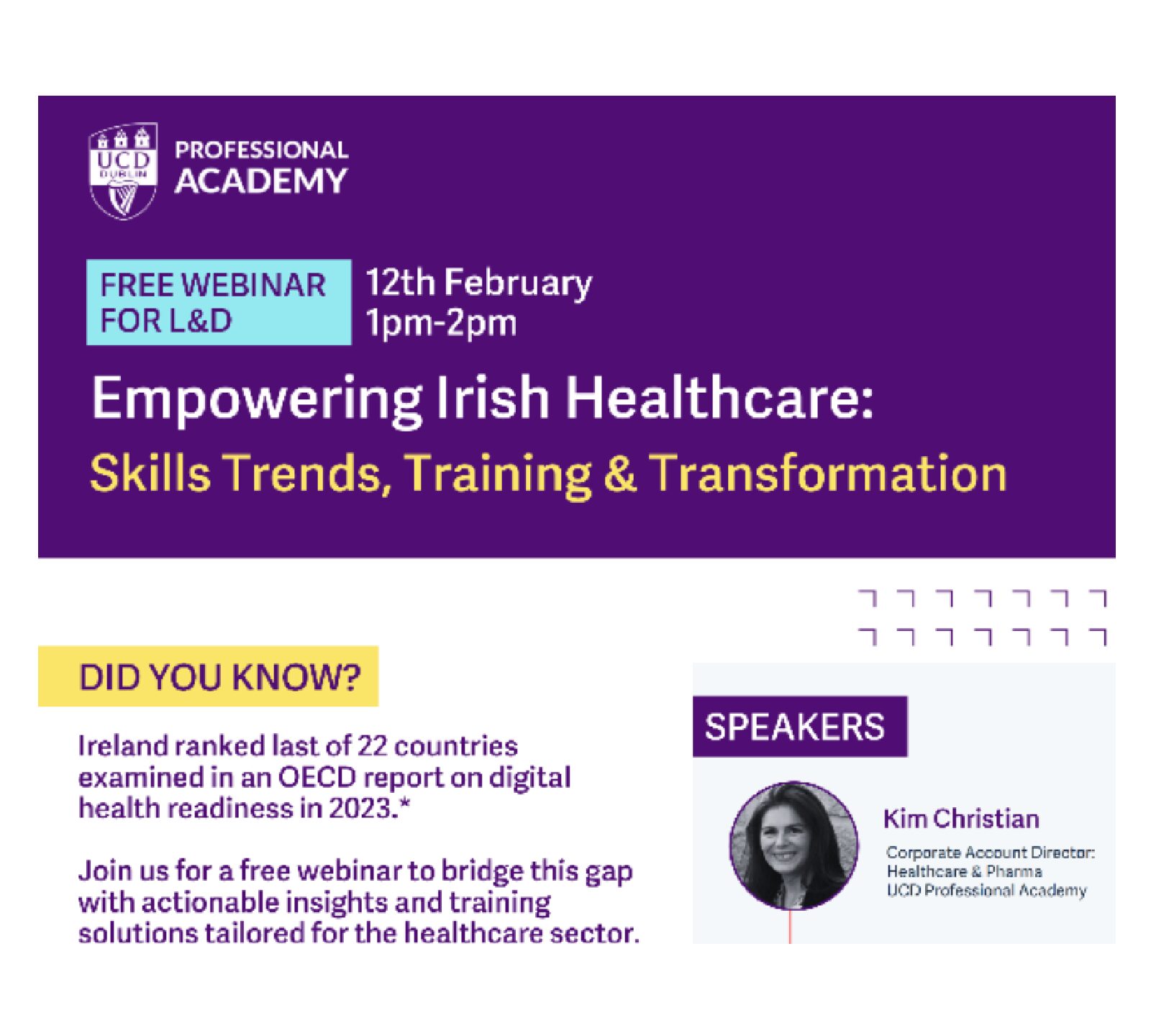Our ageing population: how we can prepare for living longer and healthier lives

The average life expectancy is now 73 years – representing an increase of nearly six years since 2000 –and all over the globe people are living longer.i While this extended life expectancy is generally positive, the natural consequences of aging include an increased risk of developing chronic, debilitating health conditions that can drastically impact quality of life.
Diseases most often associated with aging, including cancer, diabetes, kidney and heart disease, have now surpassed infectious diseases as the leading causes of death, in addition to accounting for the majority of healthcare costs in the developed world. These diseases may also accelerate the aging process, which can contribute to further decline in functionality and reduced quality of life.
Through our legacy, leadership and purpose to deliver breakthroughs that change patients’ lives, Pfizer is committed to addressing agerelated illnesses by supporting healthy aging and enabling longer, healthier lives.
Age-related illnesses not only reduce quality of life but disproportionately impact medical spending, underscoring an oftenoverlooked global health challenge that puts a strain on individuals and the broader healthcare community.
Over the past 150 years, life expectancy has increased dramatically, but for some, not all the years gained are healthy.ii For example, it is estimated that up to 20% of people’s lives are spent in late-life morbidity, suffering from at least one chronic illness.iii
Aging populations account for a disproportionate amount of their respective country’s medical expenses.
As an example in 2019, U.S. residents over the age of 55 made up 30% of the population yet accounted for 56% of total health spending.iv
To help ensure people are aging healthily and that we support the wellbeing of society today and in the future, it is vital to understand and address the impacts of aging. Pfizer continues to look holistically at age-related illnesses, including opportunities to support longevity and healthy aging to improve overall quality of life.
As scientific innovations continue to make our world healthier, it is vital that we also consider how to extend and maintain that health even as people age. Over the next decade, we expect the landscape to shift dramatically and place more emphasis on healthy aging, including more extensive research related to longevity.v
Partnerships are key to continued exploration and achieving breakthroughs. One thing we have learned from the pandemic is the importance of collaboration and our collective ability to move science forward. Forging partnerships, like we did with BioNTech years ago was instrumental in us being able to immediately start working on a vaccine in early 2020.
In 2018, our discussions with BioNTech were exploratory –we discussed the possibility of mRNA technology for developing vaccines for cancer based on personalised medicine principles. Thanks to this early collaboration we saved significant time in contracting – what could have easily taken months took days. When it comes to ageing healthy, the promotion of health literacy is hugely important. Health literacy is linked to literacy and entails people’s knowledge, motivation and competencies to access, understand, appraise, and apply health information in order to make judgments and take decisions in everyday life concerning healthcare, disease prevention and health promotion to maintain or improve quality of life during the life course.
We’re actively collaborating whilst looking for new opportunities that may help us advance the science in healthy ageing.
Pfizer Healthcare Ireland have just announced the launch of a Competitive Grant Program, which aims to promote and benefit health literacy in Ireland. Through this Independent Medical Education Request for Proposals, our objective is to support projects that improve health literacy through awareness and education. Health literacy is hugely important in ensuring that people can understand, appraise, and apply health information in order to make informed health-related decisions.
To find out more details on the application process and to apply please click : IGLC RFP Template Revised 08-30-2017 (pfizer.com)











